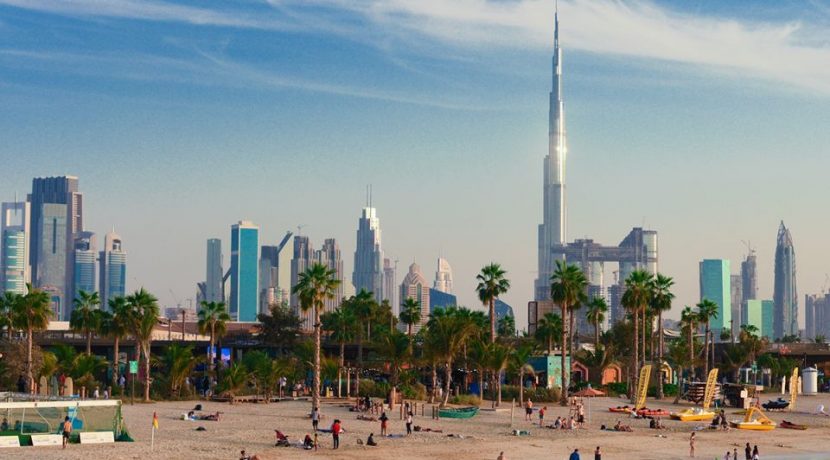Dubai tenants are well positioned to demand rent-free periods while property owners are being offered flexible payment terms as the first half of 2019 remained challenging for the UAE real estate market, according to new research.
Cavendish Maxwell’s UAE Property Market Report for Q2 highlighted continued declines in both prices and rents during the three-month period to the end of June.
It said average sales prices and rents softened across most communities in Dubai in Q2 but over the 12-month period, the average rate of price decline has slowed.
Cavendish Maxwell added that in Abu Dhabi, average sales prices declined by 12.6 percent for apartments in major investment zones compared to Q2 2018, with villa/townhouse prices registering a similar fall of 12.1 percent over the same period.
Rents in Abu Dhabi also continued to fall, the report said, adding that the Northern Emirates of Sharjah, Ajman and Ras Al Khaimah remain affordable alternatives for buying and renting in the UAE.
Aditi Hariharan, senior consultant, Strategic Consulting and Research at Cavendish Maxwell, said: “The first half of the year remained challenging for the UAE property sector, as rents and prices continued to decline.
“Conditions remain conducive for tenants who are well-positioned to demand rent-free periods, fee waivers and flexible payment terms from property owners, and potentially upscale to bigger units which may have previously been beyond their reach.
“Whilst we have noticed a slower rate of price declines in some areas over the last 12 months, this is still contingent on new supply and actual materialisation rates, which have averaged 40-50 percent over the past few years.
“The government continues to introduce measures to stimulate the market, with Abu Dhabi recently opening up investment zones to expat property buyers for the first time.”
In Dubai, average apartment prices declined 15.1 percent and villa/townhouse prices declined by 14.7 percent in Q2 from a year ago. During the same period, rental declines for apartments in Dubai averaged 12.5 percent and villas/townhouses registered a fall of 12.6 percent.
Off-plan transfers continued to dominate in Q2 2019, accounting for more than 52 percent of total transfers, the report noted.
The report added that in Dubai, the weakening demand for office space in the face of oversupply is resulting in less office space being built while Abu Dhabi also witnessed subdued demand for office space in H1 largely as a result of reduced business growth and corporate restructuring.
All rights reserved to the initial publisher for Arabian Business.
Collected and published by Arms &McGregor International Realty® editorial team. Get in touch with us at [email protected]

